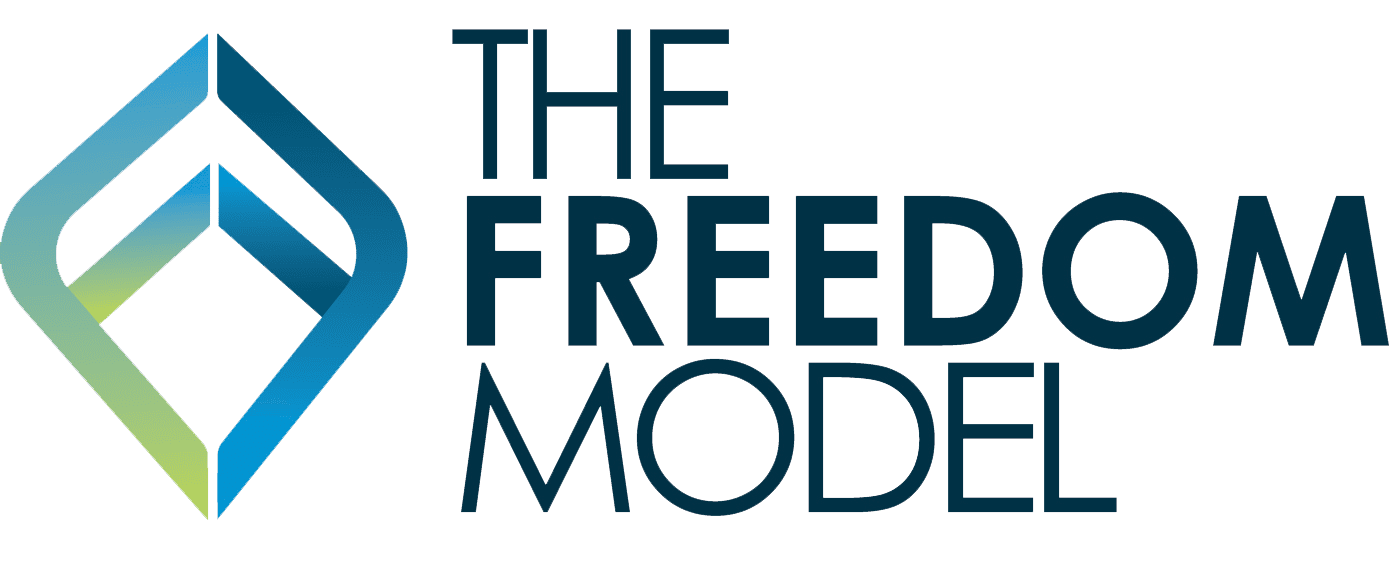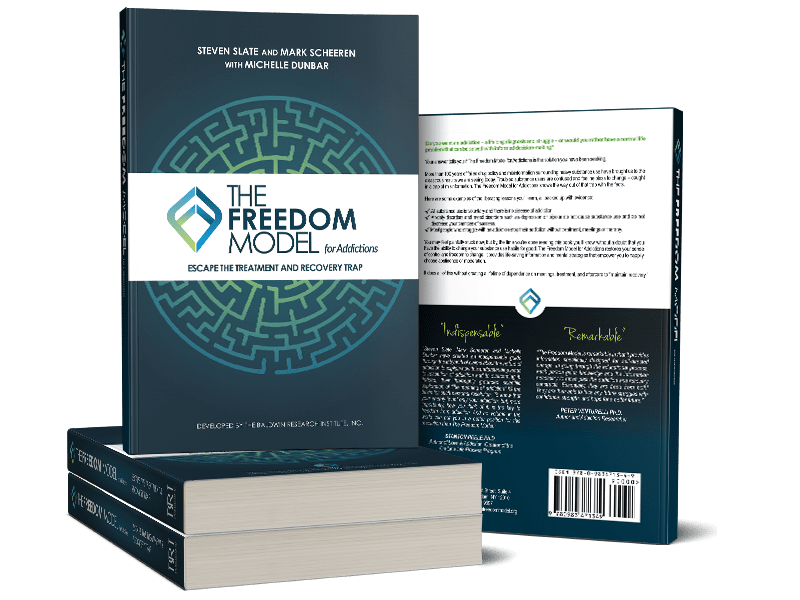You Asked, We Answered
Addiction Questions
Does mental illness cause addiction?
The answer can be found in Chapter 6 of The Freedom Model for Addictions:
“The recovery ideology of “underlying causes” has these people completely confused. According to the Surgeon General’s 2016 report on addiction, 60% of people with addictions do not have mental illnesses. (Surgeon General, 2016) What then are the causes of their use? It’s a good question, but it’s the wrong question. You can ask why they choose to use, because there are no causes of addiction. People aren’t caused to behave in any way. They choose to behave in the ways they believe will get them what they want in life. Even without mental illnesses, people choose heavy substance use.
Nevertheless, you constantly hear that stressful circumstances cause people to use, and therefore, support, such as seeing a therapist or attending 12-Step meetings, causes people not to use. Meanwhile, your personal enjoyment of the substance as a reason for using is ignored. This thinking renders you a perpetual victim of circumstances. You are like a leaf blowing in the wind, unable to choose where it lands. But ask yourself, are your behaviors truly involuntary? Do you really believe there is no reasoning behind your choices to get drunk or high or engage in any other behavior that you freely choose? Take a moment now to think about it. Aren’t you able to think for yourself? Can you see that there are many reasons for your use? What are your wants and desires? Don’t they play a role? Aren’t you exercising your inherent thinking capabilities, autonomous mind, and free will to pursue happiness?
You can’t have it both ways. Either you’re free, or there’s a web of causes at play. Yet the most popularly cited cause—co-occurring disorders/mental illnesses—is present in the lives of only 40% of addicts/alcoholics. Everyone says the solution to addiction is treating these mental illnesses, yet 60% of addicts do not suffer from mental illnesses. So why should we think that removing this suffering necessarily causes people to sober up? It obviously doesn’t. There is no amount of addressing causes that will help because nothing causes heavy substance use. There are no causal connections; there are only learned connections held together by nothing more than belief.
By saying that stress, negative life circumstances, and other underlying issues don’t cause substance use, we don’t mean to suggest that the conditions of your life have no bearing on your decisions for your behaviors; they certainly do. People are influenced by multiple factors when they choose their thoughts and behaviors, but these things become reasons for their choices, not the causes of their choices. And that is the point here! Please understand that this is not simply a matter of semantics; the choice in wording matters. Every time you say that this or that causes you to use, you should be saying this or that is your reason for using. People do consider the other elements of their life when choosing, but they mislabel that process as causal rather than a reasoned choice for use. A caused event is involuntary, but a reasoned event is voluntary, under the direct control of the individual. Are you beginning to see why this is so important?”


0 Comments